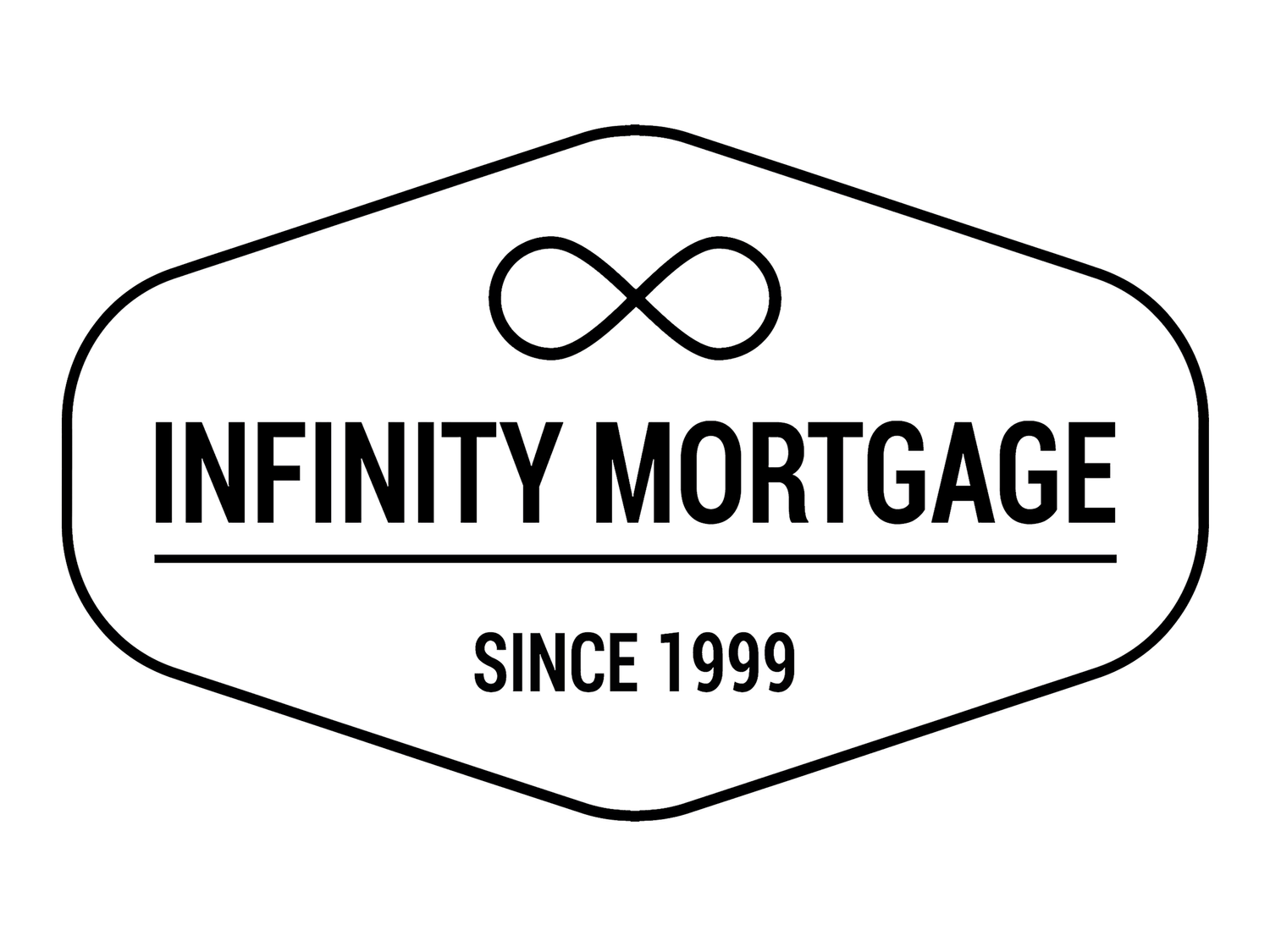Non-QM Loans: Understanding the Benefits and When to Consider Them
When it comes to getting a mortgage, most people think of a conventional loan, which is a loan that follows the guidelines set by government-sponsored entities (GSEs) such as Fannie Mae and Freddie Mac. However, there are other options available, such as non-QM loans. In this blog post, we'll explore non-QM loans and when it might make sense to consider them over a conventional loan. We'll also take a closer look at two specific types of non-QM loans: DSCR loans and bank statement loans.
What are Non-QM Loans?
Non-QM stands for "non-qualified mortgage." These loans don't conform to the guidelines set by the GSEs and are considered higher risk. As a result, they often come with higher interest rates and stricter underwriting guidelines. However, they can be a great option for those who don't meet the qualifications for a conventional loan.
When to Consider a Non-QM Loan
There are several situations where it might make sense to consider a non-QM loan over a conventional loan. One example is if you have a high debt-to-income ratio (DTI). Conventional loans typically have a maximum DTI of 43%, but non-QM loans can have a higher DTI. Another situation is if you have a history of credit issues. Non-QM loans can be more forgiving of credit issues than conventional loans.
DSCR Loans
DSCR stands for "debt service coverage ratio." A DSCR loan is a non-QM loan that looks at the subject property cash flow rather than the borrower’s income. To qualify for a DSCR loan, a property must have a certain level of income relative to its debt obligations. These loans can be a great option for self-employed individuals or real-estate investors.
Bank Statement Loans
A bank statement loan is a non-QM loan that allows borrowers to use their bank statements to verify their income. This can be a great option for self-employed individuals or those who have a fluctuating income, as it doesn't require them to provide traditional income documentation, like a tax return. To qualify for a bank statement loan, a borrower must have a certain level of income and a history of deposits in their bank account. Generally 12-24 months of bank statements.
In conclusion, non-QM loans can be a great option for those who don't meet the qualifications for a conventional loan. They can be more forgiving of credit issues and higher DTI, and have more flexible income verification options. DSCR loans and bank statement loans are two specific types of non-QM loans that can be particularly helpful for self-employed individuals or real estate investors. It's always a good idea to speak with a mortgage professional to understand which loan is the best fit for your situation.
